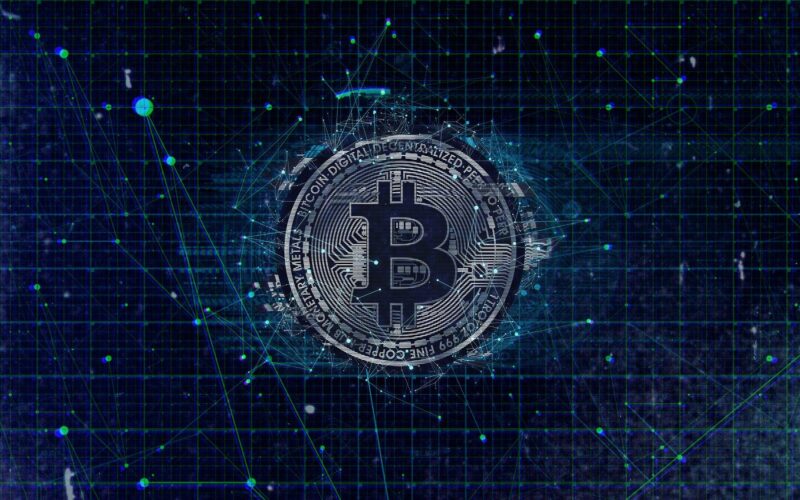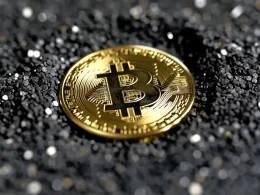Bitcoin Core developer Luke Dashjr has put forward a bug fix to address the network congestion caused by new Ordinals and BRC-20 tokens. According to Dashjr, these tokens are exploiting a vulnerability in the Bitcoin Core code and resulting in a flood of transactions that spam the blockchain.
Dashjr explained that since 2013, the Bitcoin Core code has allowed users to set limits on the size of additional data in transactions. However, by disguising their data as program code, Ordinals and BRC-20 creators can bypass these limits. The bug allowing inscriptions to exceed the data size limit has recently been fixed in the latest update to Bitcoin Knots, a Bitcoin Core derivative.
“These tokens would no longer be viable once the vulnerability is fixed,” Dashjr confirmed in response to a question about the future of Ordinals and BRC-20 tokens. However, existing inscriptions would remain intact. He expressed concern about the persistence of the vulnerability in the upcoming v26 release of Bitcoin Core and hopes it will be resolved before the v27 release next year.”
Recognizing the significance of the Bitcoin Knots upgrade, Ocean, a decentralized mining protocol where Dashjr serves as the chief technology officer, highlighted that the upgrade would rectify a long-standing vulnerability exploited by modern spammers. The protocol expects to see more genuine transactions in its blocks and considers Ordinals inscriptions as a form of denial-of-service attack on the Bitcoin (BTC) network.
Dashjr has been openly critical of Ordinals inscriptions, claiming that their impact on Bitcoin and its users is severe and irreversible. He believes that Ordinals were never authorized and have been attacking Bitcoin since their inception. The Ordinals protocol was developed in January 2023, allowing users to engrave data and non-fungible tokens onto satoshis, the smallest units of Bitcoin.
In recent days, the Bitcoin network has faced increased congestion due to the influx of inscriptions and the creation of BRC-20 tokens. With over 275,000 unconfirmed transactions, the network has experienced rising congestion and higher medium-priority transaction costs, which have surged from around $1.50 to approximately $14, according to data from mempool.space.
Notably, Ordinals sparked controversy within the community in its early days. Bitcoin purists criticized the Ordinals project, fearing that it could push out genuine financial activity and tarnish Bitcoin’s reputation as a reliable peer-to-peer payments network. On the other hand, proponents of the protocol argued that it could attract more users and expand the use cases of the Bitcoin network.
















